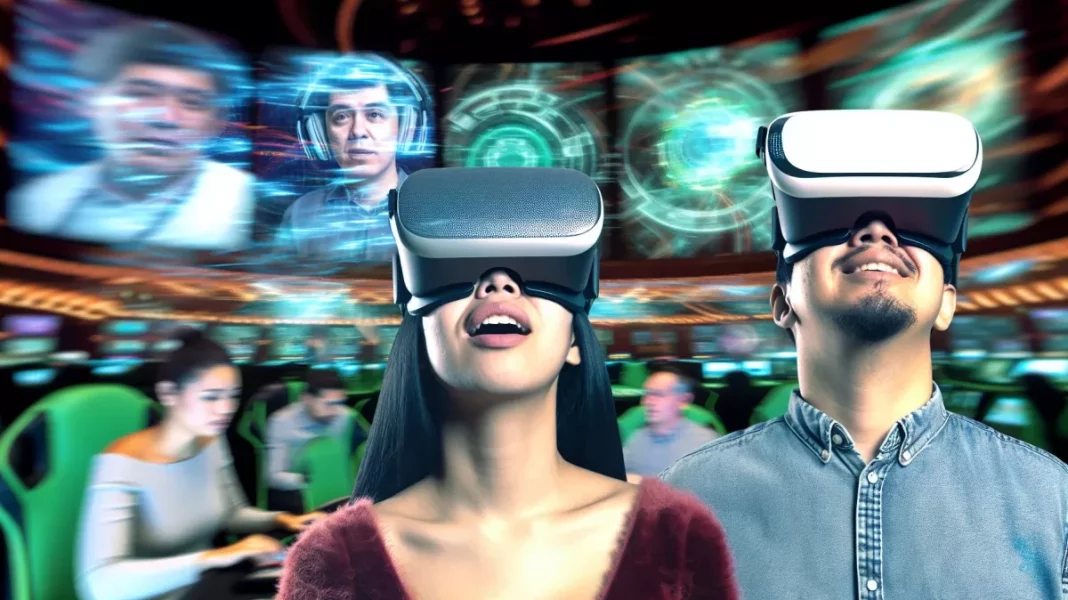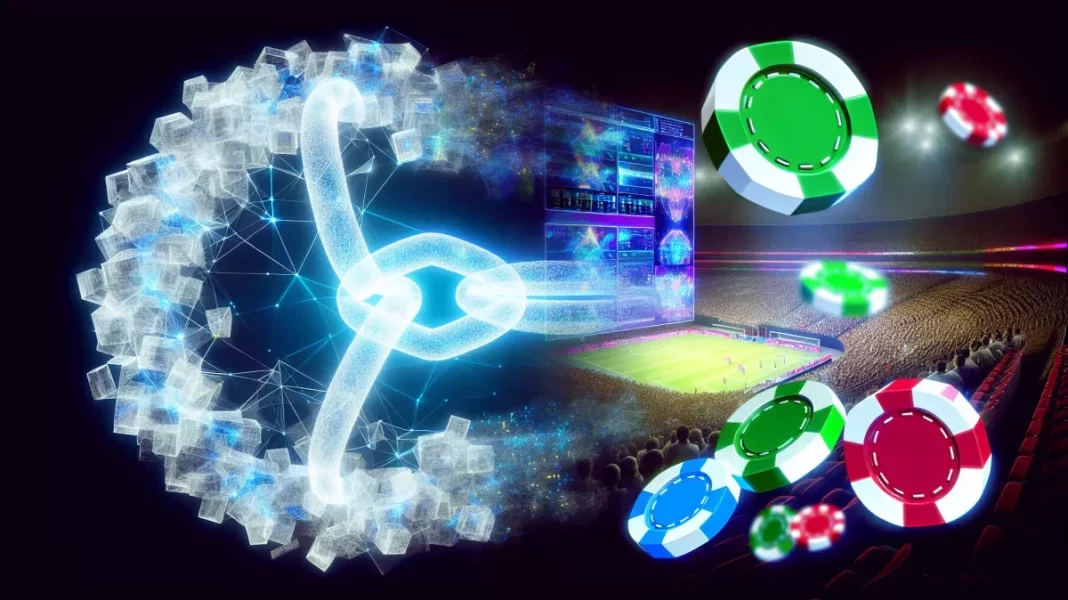In the rapidly evolving world of online gambling, a new frontier is capturing the imagination of bettors around the globe, promising to revolutionize the industry with cutting-edge technology that offers an unparalleled immersive experience: Virtual Reality (VR) betting. Bridging the gap between online and brick-and-mortar casinos, VR betting offers users the chance to dive into a lifelike environment where they can place wagers, meet other players, and experience the thrill of gambling as if they were physically present in a casino.
Virtual Reality technology has been on the periphery of consumer entertainment for several years, but it’s only now beginning to come into its own within the gambling sector. Casinos and software developers are increasingly recognizing VR’s potential to deliver a more engaging and interactive gambling adventure. The power of VR lies in its ability to transport users into a fully realized 3D world, where the sights and sounds mirror those of a real-life gambling venue. Players can navigate through intricately designed spaces, interact with realistic game tables, and communicate with other players or live dealers, all from the comfort of their homes.
But what does this mean for the future of betting? For one, VR technology opens up new avenues for gamblers seeking a social experience akin to that of a physical casino while maintaining the conveniences of online betting. Now a player can stroll through a virtual casino floor, select a slot machine or sit down at a poker table, and become part of an authentic gaming ambience that was once exclusive to a physical venue.
The integration of VR into gambling also allows for unprecedented customizability and variety. Imagine changing the setting of your virtual poker game from a crowded Las Vegas casino floor to a tranquil beachfront or an opulent private room with a view of the Eiffel Tower. Virtual Reality not only enhances visual and auditory feel but may soon incorporate other senses through haptic feedback, allowing players to feel the texture of chips or cards, which will add another layer of realism to the experience.
Several pioneering casinos and gaming companies have already begun offering VR betting platforms. These early adopters are demonstrating the diverse possibilities this technology brings to the table — from VR slots and roulette to more complex offerings like multiplayer poker and immersive sports betting simulations. As VR hardware becomes more accessible and user-friendly, it’s likely that we’ll see an influx of traditional and novelty gambling games enter the VR space.
On the industry side, this move towards VR betting is driving innovation in game development, user interface design, and hardware design. For casinos, embracing VR technology is no small feat; it involves substantial investment in software that can create authentic, secure, and engaging environments for players. Meanwhile, the designers of VR headsets and accessories have the monumental task of enhancing the user experience while making these devices as comfortable and unobtrusive as possible.
This technological leap isn’t without its challenges, though. Implementing VR betting on a large scale involves overcoming some significant hurdles. Concerns about problem gambling, as well as the social and psychological effects of highly immersive environments, are at the forefront. Regulators and gambling operators are tasked with ensuring that VR gambling adheres to responsible gaming practices, safeguarding users against the potential risks of such an engrossing platform.
Another challenge is the digital divide. High-quality VR experiences require not just the headset, but also a capable PC or gaming console, which can be a significant investment. This economic barrier might limit the reach of VR betting to a more affluent segment of the population, at least in the technology’s infancy. However, as with most tech gadgets, the prices are expected to drop as the technology becomes more widespread and production costs decrease.
VR betting also opens up intriguing possibilities for live sports betting. Imagine watching a live football game in VR and being able to place in-game bets without ever leaving the virtual stadium. The convergence of live sports broadcasting and VR betting could further blur the lines between physical and digital gambling experiences, offering a seamless and highly engaging form of sports wagering.
Moreover, Virtual Reality betting can be seen as the confluence of various technology trends, including artificial intelligence and blockchain. AI can be used to create more personalized gambling experiences, while blockchain technology may provide transparent, secure, and fast transactions, which are essential components in the sensitive ecosystem of online betting.
As we look to the future, it’s clear that VR technology holds the potential to redefine what it means to gamble, promising an era where the boundaries between the physical and virtual worlds are increasingly blurred. As VR betting platforms evolve and mature, they are set to offer experiences that are not just parallel to real-world gambling, but in many ways, surpass it. For those keen on embracing this new wave of tech-driven gambling adventures, the future is not just bright; it’s virtually limitless.



